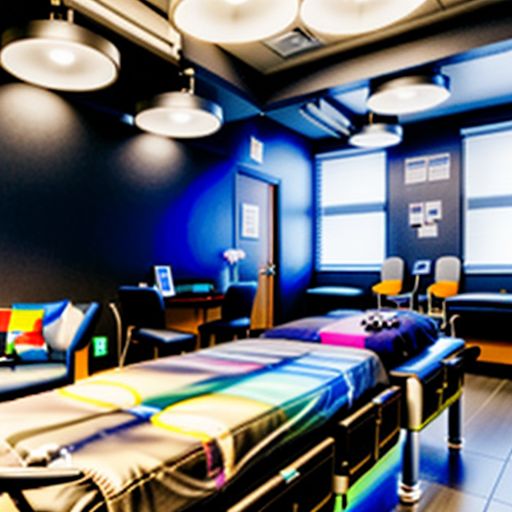Imagine this: you’re struggling with addiction, but beneath the surface, another battle rages—a mental health disorder. You’re not alone. Many individuals face the complex challenge of a dual diagnosis, where a substance use disorder coexists with a mental health condition like depression, anxiety, or bipolar disorder. This is where Dual Diagnosis Treatment Centers come in, offering a beacon of hope and a path to recovery.
What is a Dual Diagnosis Treatment Center?
A dual diagnosis treatment center specializes in addressing the interconnected nature of substance abuse and mental health disorders. Unlike traditional rehab facilities that might focus solely on addiction, these centers recognize that treating one condition effectively requires addressing both simultaneously.
Why is a Dual Diagnosis Treatment Center Important?
The interplay between addiction and mental health is intricate. Often, individuals use substances as a way to self-medicate and cope with the distressing symptoms of their mental health condition. However, this can create a dangerous cycle where substance abuse exacerbates mental health issues, leading to a downward spiral.
Dual diagnosis treatment centers are crucial because they provide:
- Integrated Treatment: They offer comprehensive care that addresses both the addiction and the underlying mental health disorder in tandem.
- Specialized Staff: These centers employ a team of professionals, including therapists, psychiatrists, and addiction counselors trained to treat co-occurring disorders.
- Individualized Treatment Plans: Each patient receives a personalized treatment plan tailored to their unique needs and challenges.
treatment.phatgiao60s.com/wp-content/uploads/2024/07/dual-diagnosis-treatment-center-669511.jpg" alt="Dual Diagnosis Treatment Center" width="512" height="512">Dual Diagnosis Treatment Center
Common Questions About Dual Diagnosis Treatment Centers
How Do I Know if I Need Dual Diagnosis Treatment?
Recognizing the signs of a dual diagnosis can be difficult. Some indicators include:
- A history of substance abuse and mental health issues in your family
- Difficulty controlling your substance use despite negative consequences
- Using substances to cope with emotional distress or mental health symptoms
- Experiencing worsening mental health symptoms along with substance use
If you resonate with any of these signs, seeking professional assessment is crucial.
What Types of Therapies are Offered at Dual Diagnosis Treatment Centers?
Dual diagnosis treatment centers employ a multifaceted approach to treatment, including:
- Individual Therapy: Provides a safe space to explore underlying issues contributing to both the addiction and the mental health disorder.
- Group Therapy: Offers peer support and a platform to share experiences and learn coping mechanisms.
- Medication Management: Psychiatrists can prescribe and monitor medications to manage mental health symptoms.
- Holistic Therapies: Yoga, meditation, and art therapy can complement traditional approaches by promoting well-being and healthy coping skills.
How Long Does Treatment Last?
The duration of treatment varies depending on individual needs and the severity of the conditions. However, most programs last between 30 and 90 days, with some individuals requiring longer-term care.
Taking the First Step Toward Recovery
Seeking help for a dual diagnosis is a courageous decision. Dual diagnosis treatment centers provide a supportive and understanding environment where individuals can heal, grow, and reclaim their lives. If you or someone you love is struggling, remember that recovery is possible, and there is hope for a brighter future.
